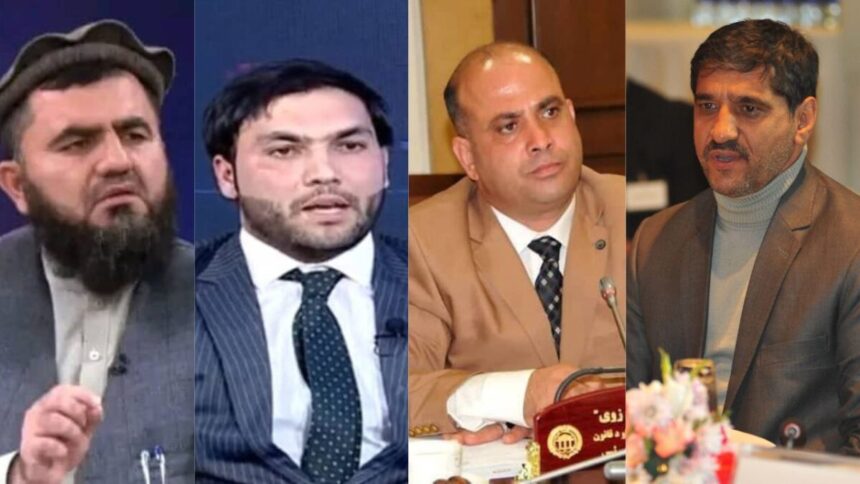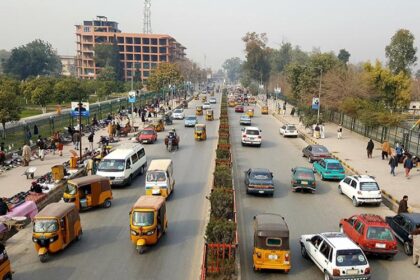RASC News Agency: Over the past week, the Taliban have intensified their political arrests, detaining a religious scholar critical of their policies, two political analysts, and a former member of the previous Afghanistan parliament. Local sources confirmed that military-political analyst Javid Kohistani, political commentator Khyber Hoshmand, former parliament member Shapoor Hassanzoi, and religious scholar Abdul Qader Qanat were among the four prominent figures apprehended by the Taliban during this period. While these figures have garnered media attention due to their public profiles, hundreds of other innocent individuals have also been detained by the Taliban, with little to no information available outside their immediate families.
As of yet, the Taliban have issued no official statements or responses regarding these arrests. Meanwhile, a committee advocating for Javid Kohistani’s release expressed grave concerns about his health, fearing potential torture and mistreatment while in Taliban custody. In a statement, the committee advocating for Kohistani’s release declared: “Considering Mr. Kohistani’s recent heart surgery and his ongoing reliance on essential medication, it is imperative that the United Nations Assistance Mission in Afghanistan (UNAMA) facilitates continuous contact between him and his family. This will ensure that he has access to urgently needed medication, food, and appropriate medical care.”
Abdul Qader Qanat, also detained this week, was the former head of the Kabul Ulema Council. Following the collapse of the previous government, he occasionally appeared in the media as a political commentator and, at times, openly criticized Taliban policies. As of this report’s publication, the Taliban have not issued an official position on his arrest. However, several former prosecutors have emphasized that such detentions highlight the Taliban’s efforts to stifle dissenting voices. Former prosecutor Ghulam Farooq Aleem remarked: “The Taliban are seeking to impose a singular, monolithic voice in Afghanistani society. They fear any opposition to their rule and are attempting to eliminate it by detaining Afghanistan’s intellectuals, scholars, university professors, religious leaders, human rights defenders, and other informed citizens. Their goal is to silence all voices of resistance.”
Over the past three years, it has become increasingly evident that the Taliban are striving to homogenize Afghanistan along ethnic (Afghan/Pashtun), linguistic (Pashto), religious (Hanafi), gender (male), class (clergy), and regional (primarily southern) lines. Any voice that challenges this imposed conformity is quickly and decisively silenced.






